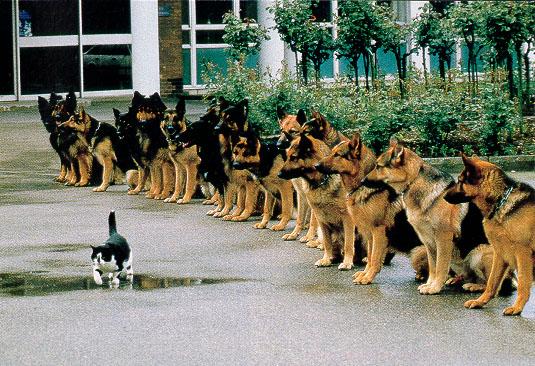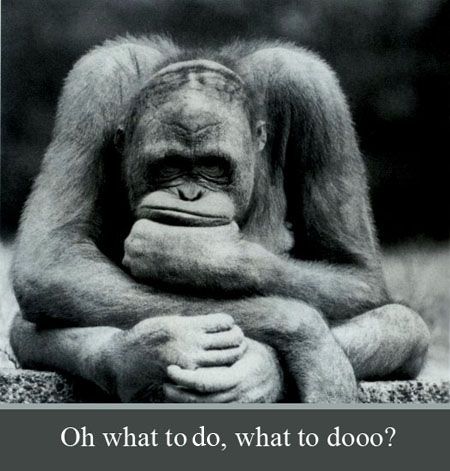Innovation Case Study: Sliced Bread
“The greatest thing since sliced bread,” implies a kind of automatic acceptance that wasn't true then and isn't now. As someone who embraces innovation, it pains me to say it but apparently some things don’t change, at least not very much. Winning acceptance of any new idea is far from automatic.
Innovation Essentials: Testing Our Intuitions
Great innovations are often based on powerful intuitions, but we all know examples of someone thinking they have a great intuition and being misguided. So where does intuition fit into innovation and how do we know when we can rely on it?
The Innovation Killer: “I’ve got mine!”
There’s always a risk, when floating any innovative idea, that it will crash against the rocky shores of personal fiefdoms, entrenched power bases and cronyism, both public and private. The often intense resistance to anything that might require real change often comes down to the same silent refrain: I’ve got mine. Don’t mess with it. It’s a stance that can stop innovation dead in its tracks. There may be no better example of how not to innovate than the current state of American politics.
Innovation Essentials: Are You an Assimilator or an Accommodator?
Innovation is different from other business competencies because it’s not about extending our expertise; it’s about repeatedly revising our expertise, at times rethinking our most fundamental assumptions and beliefs about our business. We need to recognize that when we encounter new information and observations, we must constantly check to be sure that when we see a cat we don’t assume that it’s just another doggie.
Pitching an Innovative Idea
One of the principal challenges any innovator faces is persuading others of the value of an idea. It is a frequent source of frustration and angst, and an absolutely essential innovation skill.
The Trouble With Facts
“There are no facts about the future.” I don’t know who first said that, but I keep coming across it lately and I agree. It’s not possible to draw factual conclusions about things that haven’t happened yet (although that doesn’t stop us from trying)...which raises an interesting question: How useful are facts in evaluating innovative ideas?





